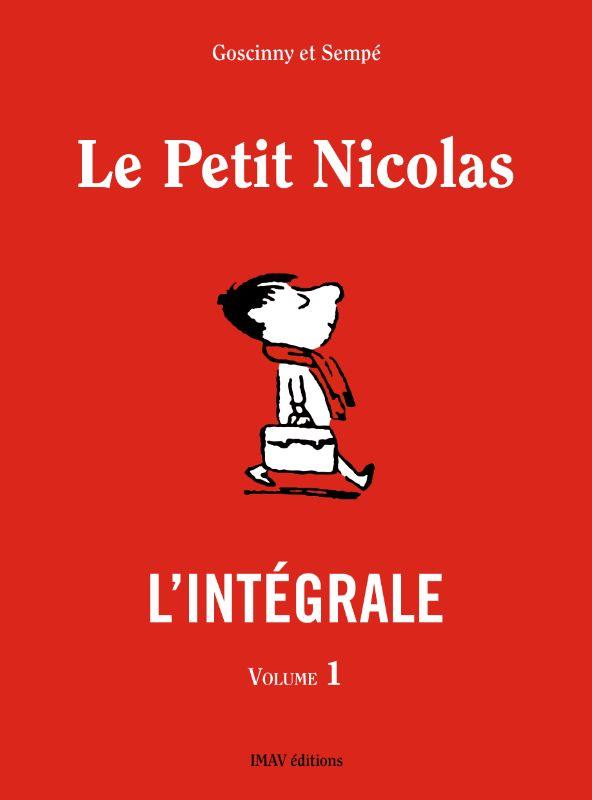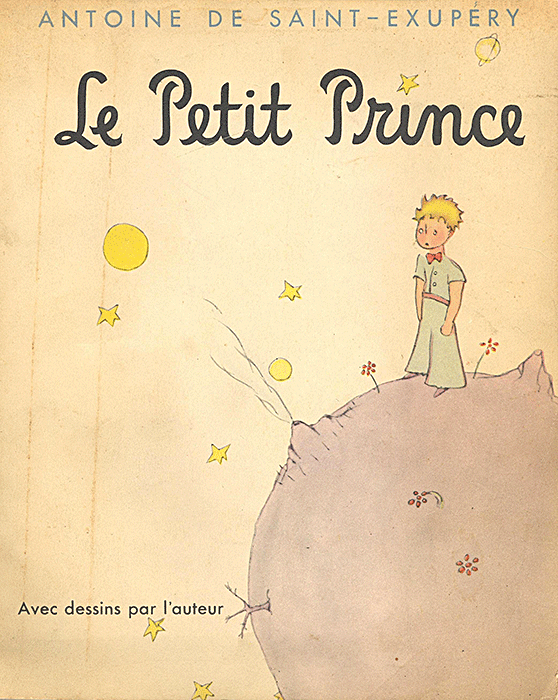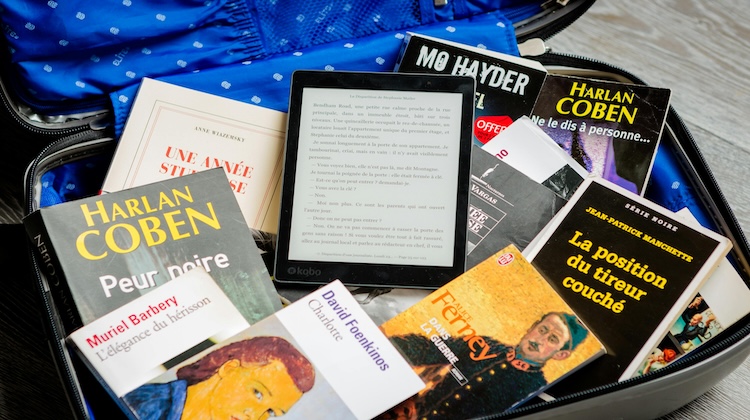Why read novels in French?
Reading a book in its original version is very useful for learning a language. As you read, you gradually absorb grammar, memorize vocabulary and sentence structures without even realizing it. You can go at your own pace, reread difficult passages, read some parts out loud… In short, you assimilate the language progressively, without stress.
Overall, reading is often easier than listening. But it also paves the way for speaking skills. By the way, when you watch a French film in the original version, do you use French subtitles? That’s a step before removing them entirely and being able to follow the film by ear.
Reading is also a gateway to culture. Translators have to adapt a text to another society, and along the way, cultural references are often lost or altered. By reading a French work “in the original text,” you access the nuances and subtleties intended by the author.
Another advantage, and not the least: what pride when you finish a book in a foreign language!
Tips to get started reading in French
- Start with a short, contemporary book focused on everyday life: these are usually the easiest to understand and will teach you the most useful vocabulary.
- Prefer books whose story you already know: you’ll follow the plot more easily and can focus on the language. But be careful: if there’s no suspense at all, your motivation might not last…
- It’s always a good idea to read a foreign language book on an ebook reader: you can easily access a dictionary if a word really causes trouble or if you miss a nuance (though the best is to use context to infer unknown words).
- If you prefer paper, don’t hesitate to annotate! Underline, highlight, box… Make the language your own. Don’t stay passive!
- Reread several times the passages you don’t understand or that resonate with you. Note down new vocabulary.
- Read aloud! If possible, listen to the audiobook. Search on YouTube or Spotify, they often exist.
- On Google, type “comment prononcer …” to hear the pronunciation of a difficult word.
- Don’t hesitate to supplement your reading by watching the film adaptation, if there is one.
- And above all: don’t get discouraged! You won’t read as fast as in your native language, and that’s normal. Take your time, reread, assimilate.
- Finally, reading should remain a pleasure! If a book falls flat for you, put it down and come back to it later (or choose another one).
Some books accessible from level A2 to get started
Le Petit Nicolas, by René Goscinny (1956)
A classic by the author of Astérix and Lucky Luke.
A series of short stories told by a little French boy in the 1950s. With a light, humorous style, Nicolas tells about his parents, school, and friends… Goscinny’s writing and Sempé’s drawings offer a tender image of childhood.
The stories are independent, even though the same characters reappear. The first stories can be a bit challenging at A2, but the vocabulary repeats and the narrative is easy to follow — you get used to it quickly! 
Les Contes de la rue Broca, by Pierre Gripari (1967)
A famous collection of stories well known to French-speaking children. It features witches and fantastic powers. Gripari created these tales with children from his Paris neighborhood (13th arrondissement). Often, the heroes move around Paris streets like Rue Broca and its neighbors (the famous Witch of Rue Mouffetard still haunts many libraries!).
The vocabulary is simple and contemporary (though you need to get used to the lexicon of fantasy and imagination), and the narrative follows a classic fairy tale structure, easy to follow.
These charming, sometimes slightly dark tales are mainly for younger readers but continue to delight older children as well.
Le Petit Prince, by Antoine de Saint-Exupéry (1943)
A cult novel of French literature, often studied in schools and sold worldwide. The characters and some quotes have become true cultural references.
Published in 1943 during World War II, it tells the story of a young prince traveling from planet to planet. Along the way, he meets surprising characters who make him reflect on childhood, friendship, and life.
A simple story, written in clear language, with short sentences, relatively accessible syntax, and vocabulary. But beneath this apparent simplicity lies a world of reflection! The illustrations are poetic and very touching.
These books, accessible from level A2, are excellent supports to progress in French while discovering true classics of French literature, widely read and appreciated by the French themselves.
Let me know if you have read any of these and what you thought of them, or if you have others to recommend!







